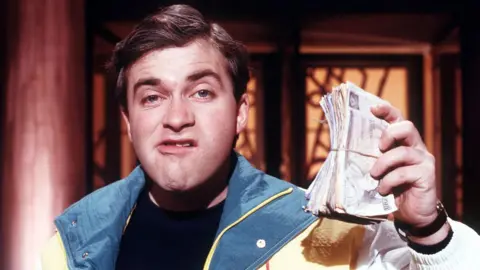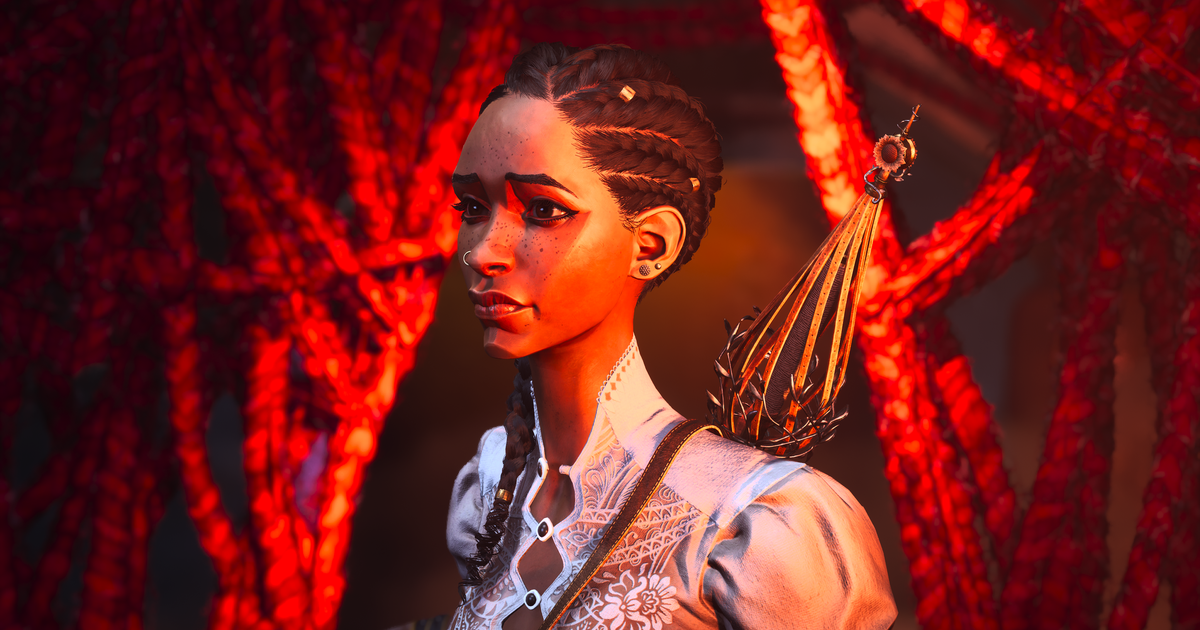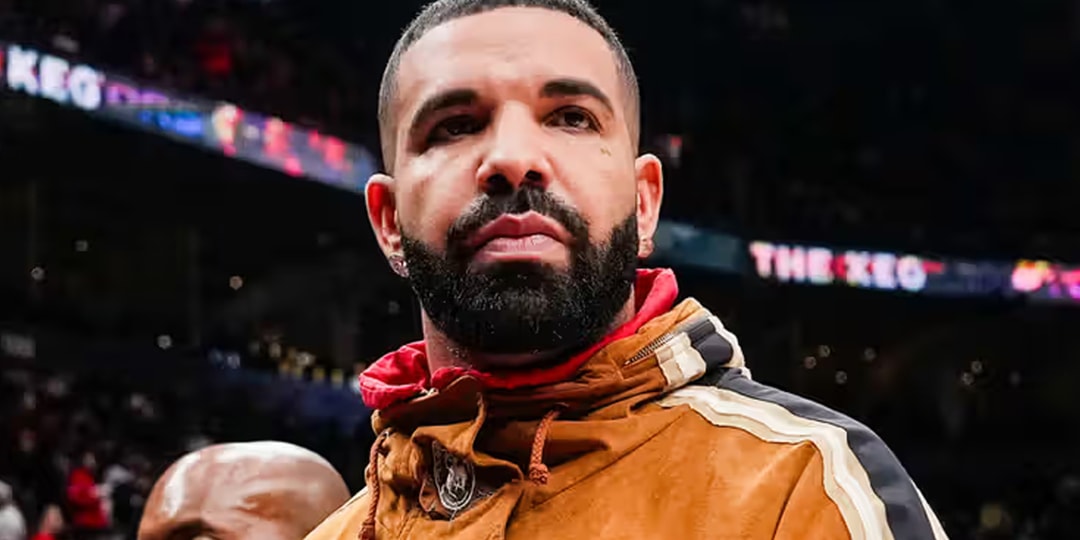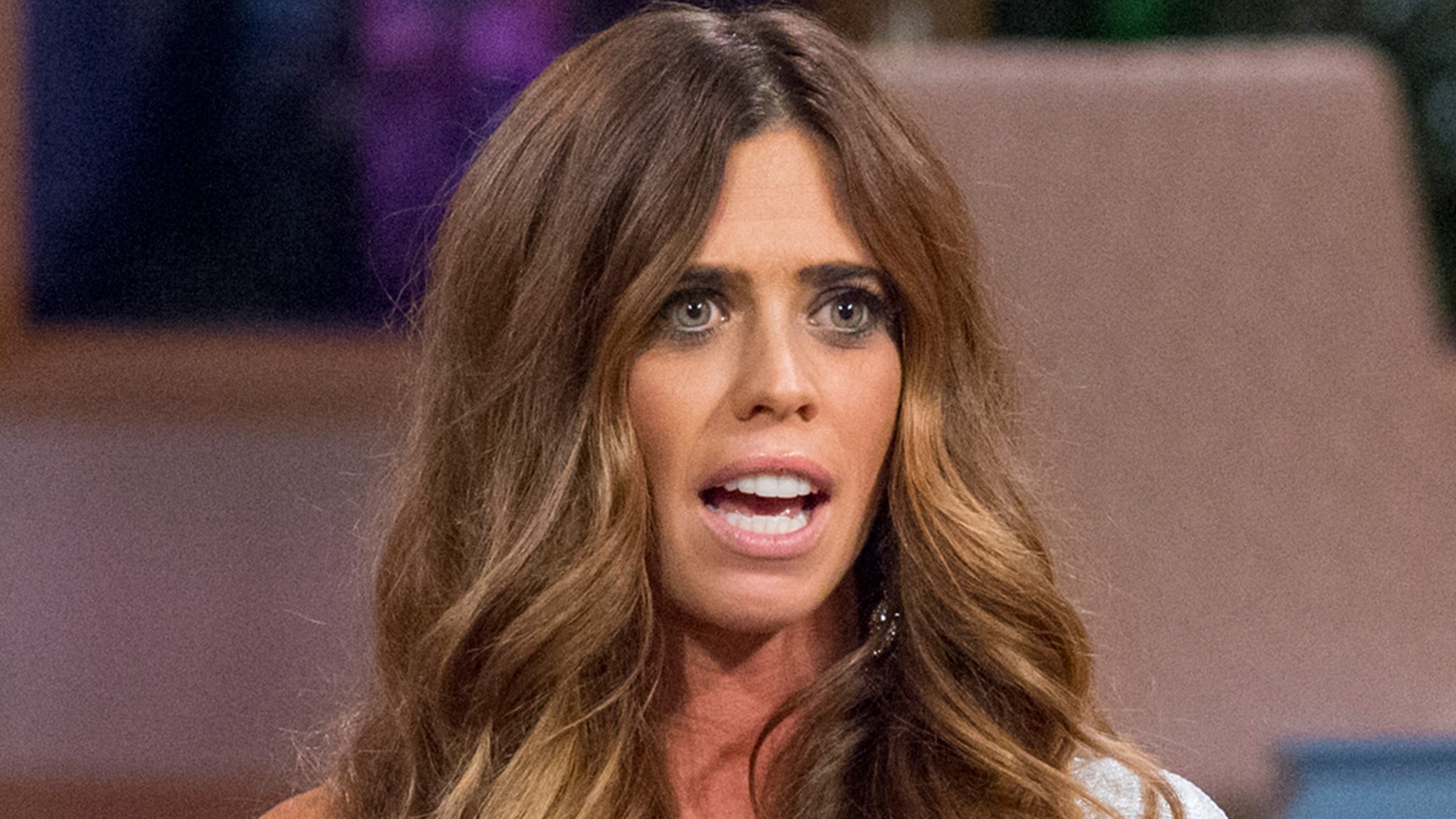Will Saturday Night Live's UK Spin-Off Bring Laughter to British Audiences?

US TV institution Saturday Night Live (SNL) has been entertaining millions and launching the careers of many comedians for over fifty years. But can a British version replicate this success? For five decades, the iconic phrase 'Live from New York, its Saturday night!' has announced the beginning of each episode of SNL, setting the stage for a unique blend of topical sketch comedy, celebrity appearances, and high-profile musical guests. Now, Sky has announced plans for a live UK spin-off, featuring a star-studded lineup of British comedic talent, set to premiere next year. Under the guidance of Lorne Michaels, the original creator of SNL, who is now 80 years old, this UK adaptation promises to deliver the same 'live, fast-paced style' that has made its American counterpart a beloved staple.
Since its inception in 1975, SNL has served as a launching pad for a multitude of comic talents, including legends such as Bill Murray, Eddie Murphy, Tina Fey, Will Ferrell, and Mike Myers. This show is renowned for its constantly changing cast, and as Joe Piscopo, a member of the 1980s ensemble, noted in a documentary celebrating SNL's 50th anniversary, 'They took sketch comedy to a whole other level.' He emphasized that 'Comedy slowly became rock 'n' roll' thanks to the shows innovative approach.
The live format of SNL, along with its long-standing tradition, has played a significant role in maintaining its status as a comedy titan. No other television program has received more Emmy nominations (331) or wins (90) than SNL, solidifying its legacy in the entertainment industry. Rachel Aroesti, a TV and comedy writer for the Guardian, remarked, 'I don't think you can underestimate that heritage when accounting for its current success.' However, she also noted that the UK version may not be able to replicate this deep-rooted legacy.
Aroesti pointed out that the appeal of SNL often attracts major Hollywood stars like Timothe Chalamet, who grew up watching the show, despite the declining audiences for traditional television in the streaming era. She explained that in the U.S., the involvement of celebrity guests is often newsworthy in itself, and the publicity generated by their appearances creates a win-win situation for everyone involved. She expressed skepticism about whether the UK version would be able to draw the same caliber of guests.
The reaction from the industry has been mixed, with writer Helen Lewis describing the commissioning of a UK version as a 'courageous' move, while wishing the team good luck with this 'difficult proposition.' There are several differences between the television industries in the U.S. and the U.K. Notably, the budget for the U.S. SNL is significantly higher than what is typical for UK television, allowing for a larger cast and a dedicated team of writers who are continuously working to produce timely material. Lewis elaborated, 'In the American version, it's a very expensive format, having a writers' room and keeping a cast of actors on retainer, essentially, the whole time. That's really expensive.'
Lewis also pointed out that the cultural differences in comedic styles can create challenges. She stated, 'The humor can sometimes be much more slapsticky. Quite a lot of the time, Americans struggle with British humor because they think we're extremely mean.' Fellow comedy writer Jack Bernhardt echoed these sentiments, explaining that the UKs sketch comedy scene often thrives on friendships and group performances, particularly at events like the Edinburgh Fringe. In contrast, U.S. comedians typically fine-tune their skills in improv and sketch clubs tailored for shows like SNL. He remarked that these cultural differences 'can't necessarily be fixed by commissioning the UK version of SNL - it's an entire comedy culture that would need to shift.'
Despite these hurdles, importing a renowned brand like SNL may come with its own set of risks, particularly as the UK television industry faces its own challenges. However, the American version has remained relatively stable in recent years, even if its ratings have dipped compared to the pre-streaming era. According to Vulture, SNL averages about 8.4 million viewers each week, outperforming all other late-night shows combined, and it ranks as the top entertainment series among adults aged 18 to 49 on U.S. network television. Journalist Josef Adalian noted, 'You rarely hear anyone asking whether SNL will 'survive,' only how once Michaels moves on.' Although linear TV faces tough competition, SNL appears to be on solid ground.
Furthermore, the sketch comedy format is ideally suited for the social media era, as it is easily digestible and shareable on digital platforms. The Economist reported that online clips from SNL average around 216 million views per episode across TikTok, X, and YouTube. While these viewers might not tune in for the live broadcast, the show's content continues to thrive in the digital space.
Previous efforts to adapt U.S. late-night shows for British audiences have often floundered. However, in the 1980s, Saturday Livelater rebranded as Friday Night Liveran for four seasons and significantly boosted the careers of comedians such as Ben Elton, Harry Enfield, Stephen Fry, and Rik Mayall. Similarly, Channel 4s The 11 OClock Show helped launch the careers of Ricky Gervais and Sacha Baron Cohen. For veteran British comedy producer Jimmy Mulville, whose company Hat Trick Productions has developed shows like Have I Got News For You and Whose Line is it Anyway?, the chance to nurture new comedic talent is one of the major attractions for Sky, despite the inherent risks involved.
As the UK prepares to launch its own version of this iconic show, many will be watching closely to see if it can resonate with British audiences while capturing the essence that has made SNL a success in the United States.





























